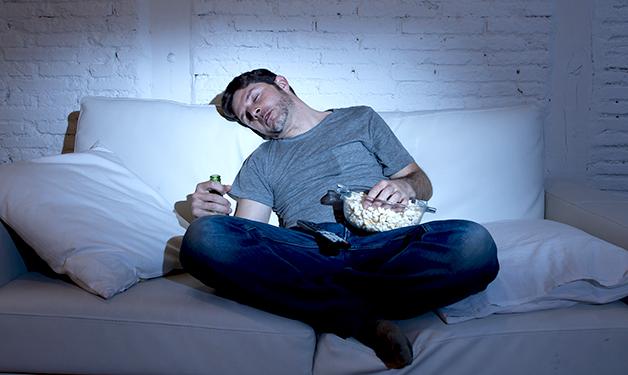
As men age, they become more sedentary. This inactivity negatively affects their general health. Dr. Heather McKay shares tips on helping the men in your life stay active.
Q: My father is much less active than he used to be. Is this normal?
A: Unfortunately, it is the norm. Only 11% of older men meet the daily requirements for exercise. But the trend starts even earlier: by age 40, men’s exercise rates decrease by about 50 per cent. That is quite dramatic and sobering. Further, across all ages, only 17 per cent of men are meeting recommended physical activity guidelines. It’s better than women’s rates of 13 per cent, but still far from adequate.
Q: How can I support the men in my life to be more active?
A: It’s not easy! Men are the most difficult population to engage in health initiatives. Generally, men don’t actively consider their health as much as women and it gets worse as they age. Three things are important: choice, socialization and support.
One size doesn’t fit all. Start with a conversation—figure what they like to do and what they can do. It doesn’t make sense to encourage them to do an aerobics class if they don’t enjoy them; maybe they prefer swimming or walking. Customize activity for them.
Secondly, the social aspect is very important. Our research shows that once men connect with others, they become engaged and are more likely to stick with a program. Just getting out to meet others for an activity is a great start.
The third thing is support. You could go with them to sign up for a class, maybe even do the first class with them. Check in with them, make sure they are enjoying it and are physically able to do it.
Q: My father doesn’t want to sign up for group activities—what now?
A: That’s okay—there are lots of ways to increase mobility in daily living. You don’t need to do vigorous activity every day as this can be very discouraging for an older person. Even small things like walking to the neighbours or using transit instead of driving make a big difference.
When older men lose their driver’s license, many of them stop getting out and about; they have never used public transit and find it intimidating. Familiarize them with local transit and they can remain independent and be more mobile. Even a ten-minute walk to and from the bus stop is important—it adds up.
Q: What are the benefits older men enjoy from exercising more?
A: There are so many benefits—exercise is as effective, if not more effective, than most medications. It is central to the prevention of cardiovascular disease, some cancers, diabetes, and hypertension and it improves bone health. Importantly, exercise has strong positive effects on brain health. It’s been shown to prevent or slow cognitive decline and guard against depression. If we want the men in our lives to be healthy, we need to get them moving.



